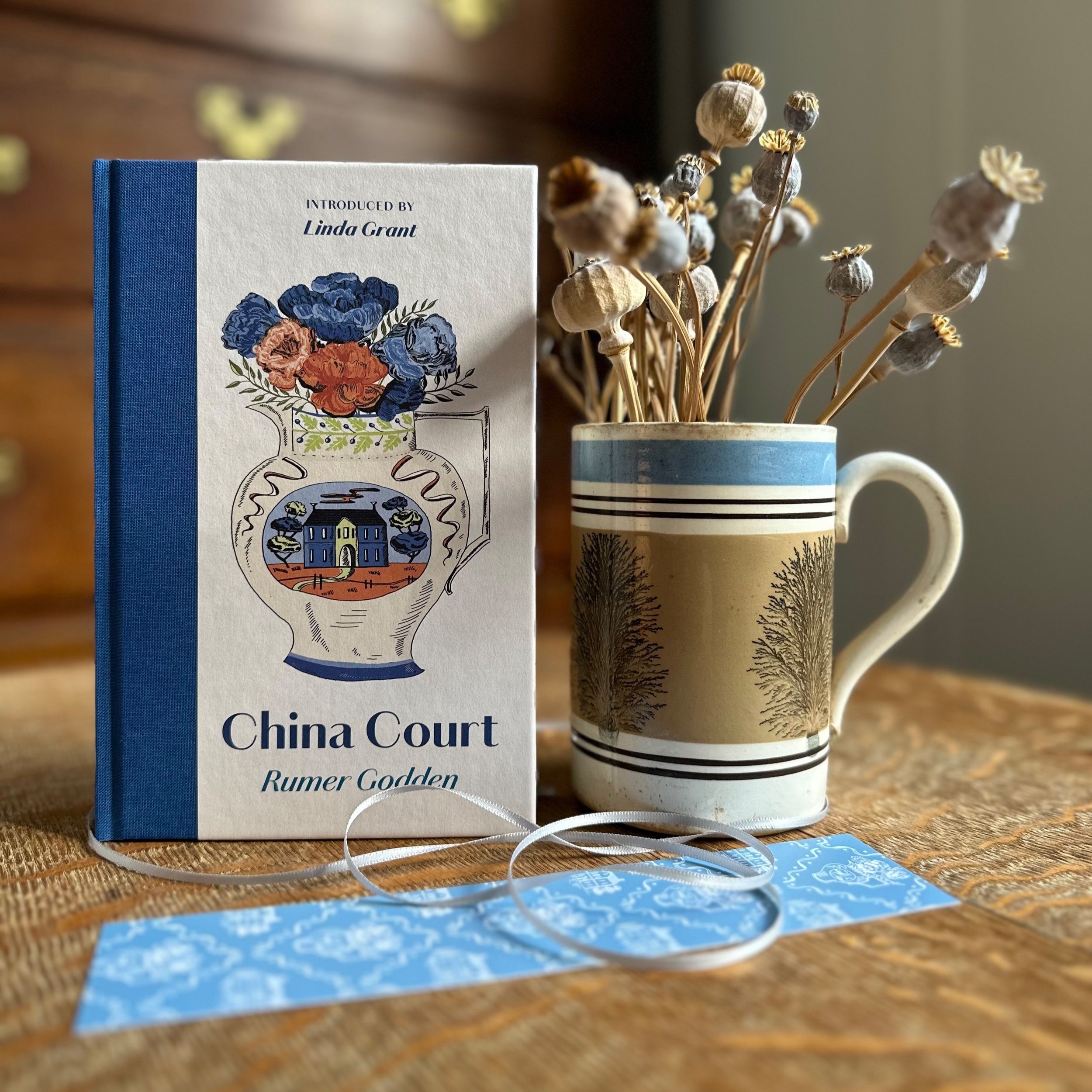China Court | Plot Spoilers versus Content Warnings
I had a message from a reader last week who was shocked and upset by the ending of China Court and wondered whether we should have included a trigger warning at the start of the book.
Now without giving too much of the plot away, this has been a constant talking point since the original publication of the novel in the 1960s. It’s no surprise that the ending still elicits strong feelings over 60 years later.
Perhaps it's particularly shocking to readers, then and now, because it is only the last few pages that feel like a slap in the face - we have been lulled into a false sense of security throughout the rest of the book, and the prosaic style and sheer page-turning nature of the novel until the very end leaves us vulnerable to the shock of those ultimate pages.
I have chatted to a few other readers, and re-read Linda Grant’s wonderful introduction to the book (see the excerpt below), and we all came to the conclusion that the author was deliberately challenging the reader and their acceptance of the traditional "happy ever after" storyline.
“The novel’s closing pages are shocking to modern readers. Tracy and Peter’s relationship is marked by a brutal physical force to which Tracy appears to surrender willingly. What did Rumer Godden mean by it? It could reiterate the sexual violence that can underpin marriage. Is anyone at China Court really happy? Does the house itself contaminate the relationships played out within it its walls?”
An excerpt of the introduction to China Court by Linda Grant
My job as a publisher is to curate and re-publish those titles that I love, and that I hope others will too. But there is no doubt that one reader’s delight can often be another’s dismay - and this book perhaps more than most, is more of a challenge for anyone in search of a universally satisfying ending.
While Rumer Godden does not address the ending in her Author’s Note, luckily Linda Grant’s introduction serves as an adequate indication that all is not what it seems in the novel, and serves as the perfect trigger or content warning for our purposes. Any more of an explicit warning would detract from the element of surprise at the end of the book, and lessen the impact of the truly shocking storyline.
Rumer Godden had a difficult time at certain points in her life, bringing up her children alone, following unhappy domestic circumstances. She worked extremely hard, with strict writing regimes, in order to support her family, often single-handedly. And while she was able to conjure up more gentle stories and in the end, could incorporate more religious elements to her writing, her attempt to highlight the precarious position in which women lived (then and now) within the so-called family "safe haven" comes to the fore in China Court.
It seems clear that Rumer was intending to shock us, and to make us sit up and take stock - the storyline had already made several unexpected twists and turns of a more traditional nature, but this last development leaves us with an aftertaste of bitterness, and perhaps a sense of betrayal too. Rumer succeeds in disquieting us, in making us question the traditional tropes of the literature, and behaviours, of the time, and in perhaps changing our perception of domestic violence, coercion within marriage, and the delicate balancing act of "putting a brave face on things" that so many women were/are forced to do, whether in loving relationships or not.
However, most importantly, one thing is clear: readers do not believe Rumer Godden was in any way condoning Peter's behaviour or actions, nor that Tracy deserved or encouraged such appalling treatment.
Instead, it's a shock of an ending, probably intended to inspire discussion, reevaluation and perhaps action on the part of the reader. And I do agree with the more concerned readers: one is left with a sour feeling at the end of this novel. It takes a lot for some of us to be genuinely shocked by fiction (or indeed non-fiction) in modern times, but in this case, yes - Rumer Godden wrote a truly “shocking” ending.
Anyway, for any readers who have finished the book and would like to know more, this discussion of the novel by Bookstagrammer Miranda Mills via her Comfort Book Club is particularly relevant and highly recommended: “The Comfort Book Club / China Court by Rumer Godden”
Miranda is incredibly passionate about heritage publishing, beautiful books and inspirational authors, and she has been enormously supportive and helpful to us here at Manderley Press. I wholeheartedly recommend a visit to her YouTube channel, and social media accounts too. You can find her here:
Miranda’s Notebook
Website | Instagram | YouTube | Bookish Almanac | The Comfort Book Club
In the meantime, it goes without saying that I’d love to hear from any other readers with feedback and thoughts on the book (or any of our other titles too!). You can contact me at info@manderleypress.com
Rebeka x



